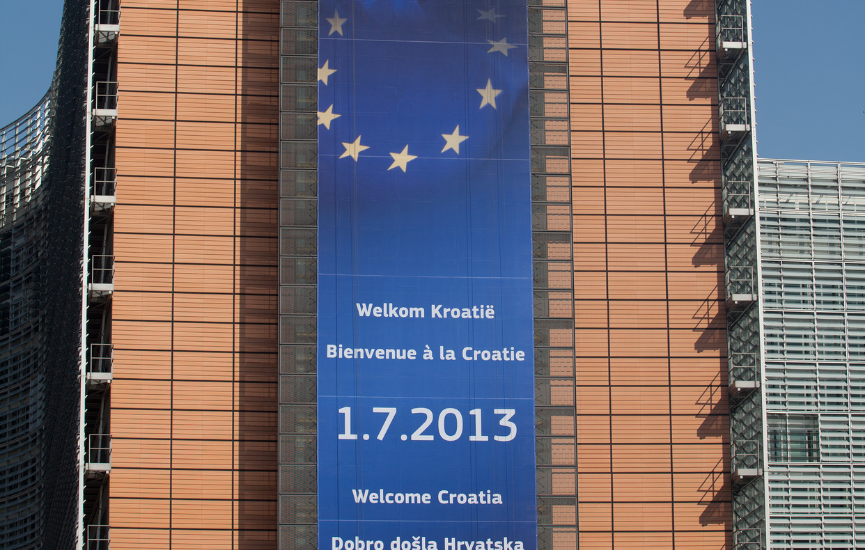Rule of Law and Justice in Croatia after the EU accession, Nikica Kolar, ÖGfE Policy Brief, 21’2021
Every accession into political alliance is a matter of political negotiations. During the accession process Croatia advanced but did not completely execute a judicial reform that met the European Union (EU) rule of law standards. After Croatia’s accession, the Croatian judiciary even regressed significantly towards the path of semi-liberal or illiberal democracies in the aspect of judiciary practice. In this Policy Brief recent and major court cases (the Mamić brothers, Horvatinčić, ex-Prime Minister Sanader, and war criminals Glavaš and Jelić) are presented, demonstrating that Croatia has structural and fundamental obstacles in implementing the rule of law and delivering fair, efficient and just final decisions for all its citizens equally. The rule of law assumes that every person before the law is equal. In major cases, which are presented in this paper, it is evident that some people are more equal than others.
Policy Recommendations
- An independent and professional judiciary stands as the cornerstone of strong democracies which are based on the rule of law. A reformed judiciary affects every segment of a society, and promoting judicial reform must remain at the heart of the EU accession process.
- Independent watchdog organisations as well as well-funded and professional prosecution bodies have positively contributed to the implementation of judicial reforms in Croatia. These efforts must be continued towards a reform of the court system and overall professionalisation and depolitisation of the judiciary.
- The EU enlargement process is not value-neutral and is not a one-way process. The EU focuses on the rule of law and order as to install strong, liberal democratic political systems in new member states, which, in return, strengthen the EU as a cohesive body. With this in mind, the EU’s efforts in sanctioning member states that deviate from liberal democratic standards should be fully endorsed and sanctions against EU member states that violate the EU’s rule of law standards should be applied.
Photo: The Berlaymont building with: „Welcome Croatia, 1.7.2013“ banner in NL, FR, EN, and HR / Photographer: Etienne Ansotte
© European Union, 2013
Source: EC – Audiovisual Service


